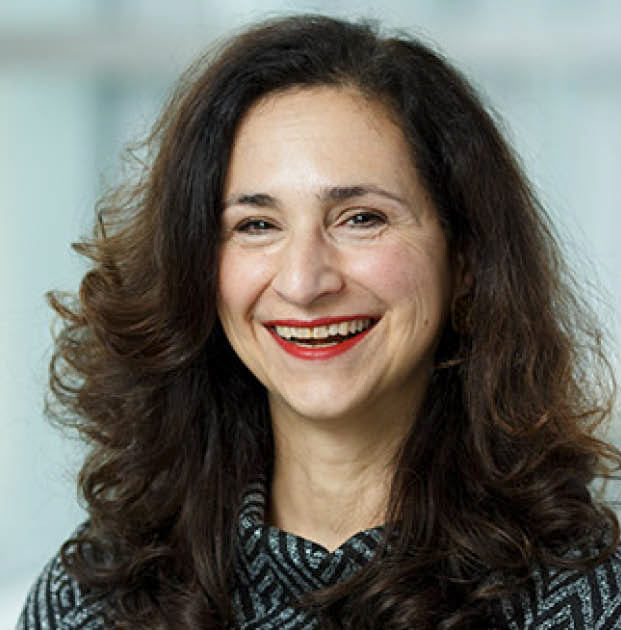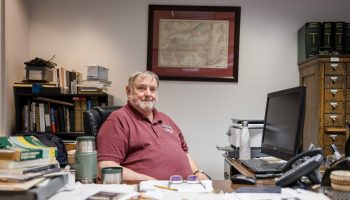
Kaitlyn Finchler
Contributing Writer
Since Roe V. Wade was overturned through the Dobbs decision, abortion laws and debates have heavily centered a Christian perspective of what abortion should look like in the United States. However, these conversations do not include other religious perspectives, such as Judaism, where abortion is permissible.
Lisa Fishbayn Joffe, the Shulamit Reinharz Director of the Hadassah-Brandeis Institute at Brandeis University, will deliver her lecture “Do Abortion Bans Violate Jews’ Religious Freedom?” at 2 p.m. today in the Hall of Philosophy for the Week Seven Interfaith Lecture Series theme, “Whose Body, Whose Choice? Religion, Sexual Politics, and the Law.”
“I’m going to talk about Jewish approaches to abortion and the ways in which regulations that have come into effect since the Dobbs decision are inconsistent with what Jewish law and tradition have to say about the situations in which abortion may be permissible and sometimes required,” Fishbayn Joffe said.
Jewish law permits, and actually requires, abortion in order to preserve the life and health of the pregnant person, she said.
“It’s important to understand that there are religious perspectives that support abortion rights that are well-founded in a range of religious traditions,” Fishbayn Joffe said. “It calls into question the legal and moral validity of laws that have come into effect in states
around the country post-Dobbs that impair the ability of minority religions, like Judaism.”
Since the Dobbs decision, she said there have been a number of cases brought in states around the country.
“Jewish parties, individuals, groups and clergy people have argued that their ability to follow their faith and live the values of their religious tradition are impaired by laws that ban abortion, ban use of certain reproductive technologies or prevent clergy from offering advice based on what Jewish law has to say to people who are considering whether to have an abortion,” Fishbayn Joffe said.
Fishbayn Joffe also advocates for women through the Boston Agunah Task Force. As a co-founder of the Boston Agunah Task Force — devoted to research, education and advocacy for women under Jewish family law — Fishbayn Joffe said Jewish marriage cannot be dissolved by a rabbinical court.
“It has to be something that is delivered from the husband to the wife,” she said. “The husband basically has a veto power over whether a marriage can end, and that means that Jewish law gives a significant bargaining endowment to husbands that may allow them to keep their wife in a marriage.”
A woman who is not able to secure a divorce is called an “agunah,” which Fishbayn Joffe said technically means, “chained woman” or “chained to a dead marriage.”
“The work that we do on the Agunah Task Force is to provide advice, education and support to people going through this (and) to engage in advocacy, to do research about possible solutions,” she said, “… and, to educate the community about the problem, to try to create a consensus that this behavior, on behalf of some men who refuse to release their wives, is unacceptable.”
Fishbayn Joffe said she wants people to understand the “restrictive laws and abortion bans” both reflect and accommodate a conception some Christians hold about the permissibility of abortion.
“It amounts to a form of establishment, and … it impairs the ability of Jewish people to make important life choices with reference to their religious values and to freely exercise their religion,” Fishbayn Joffe said.




